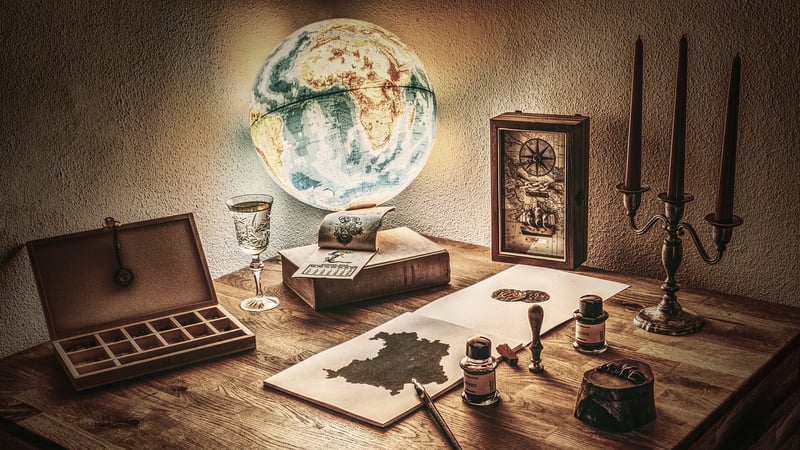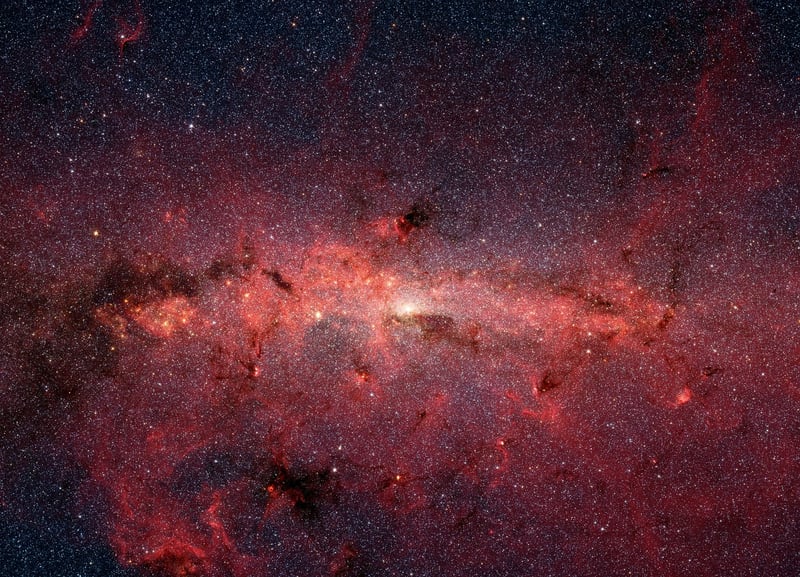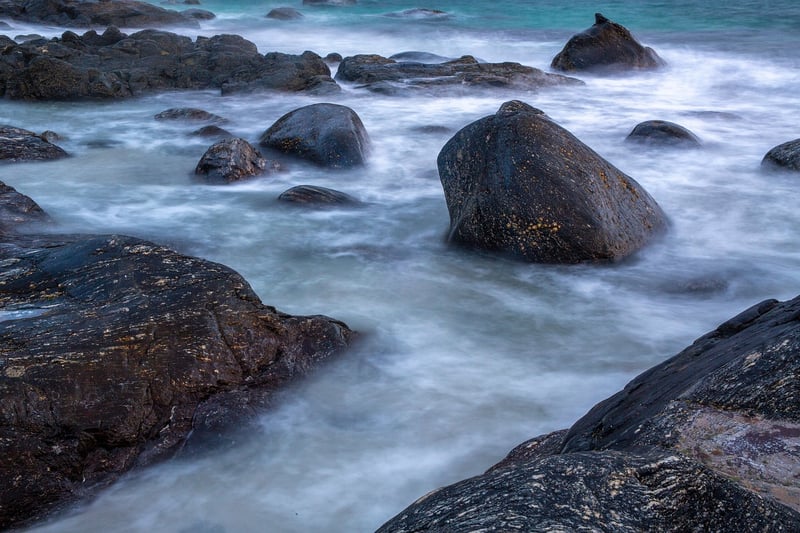Future Exploration
Exploring Different Eras and Future Exploration
Introduction
Exploring different eras allows us to understand the past and appreciate how far humanity has come. It also fuels our curiosity about the future and the possibilities that lie ahead. Let's delve into various historical periods and the exciting prospects for future exploration.
Ancient Era
The ancient era, encompassing civilizations like the Egyptians, Greeks, and Romans, laid the foundation for modern society. From the magnificent pyramids of Giza to the philosophical teachings of Plato, this period continues to intrigue historians and archeologists.

Medieval Era
The medieval era, with its castles, knights, and epic battles, is a time of chivalry and feudalism. Exploring this period reveals tales of valor and intrigue, shaping our understanding of monarchy and feudal systems.

Industrial Revolution
The Industrial Revolution marked a turning point in human history with advances in manufacturing, transportation, and communication. Exploring this era sheds light on the rise of industrialization and its impact on society and the environment.

Space Exploration
Looking to the future, space exploration offers boundless opportunities for discovery and innovation. From Mars colonization to deep space missions, exploring the cosmos fuels our imagination and pushes the boundaries of scientific knowledge.

Ocean Exploration
With vast uncharted territories beneath the waves, ocean exploration holds the promise of uncovering hidden ecosystems and unlocking the mysteries of the deep sea. From underwater caves to marine biodiversity, the oceans offer a wealth of discoveries.

Conclusion
Exploring different eras provides us with valuable insights into our past, while future exploration opens up endless possibilities for discovery and advancement. Whether delving into ancient civilizations or venturing into outer space, the journey of exploration is a testament to human curiosity and ingenuity.
Let's continue to embrace the spirit of exploration and push the boundaries of knowledge for generations to come.
